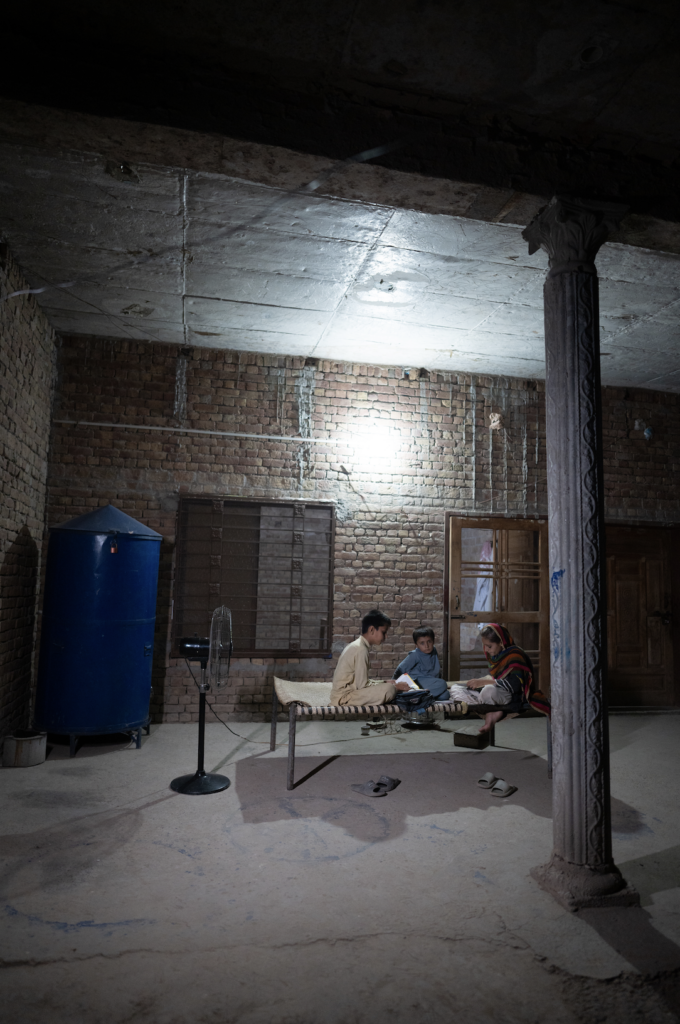ACE Village: building SDG resilience in the cotton supply chain through farm-level DRE investment
UK-based sustainability innovation company Pilio has developed the Affordable Clean Environment (ACE) Village programme for fashion and textile brands to invest in clean energy, nature and livelihoods – building resilience in their cotton value chain.
The energy challenge in Pakistan cotton farming
Access to reliable and affordable energy is a key development issue in rural cotton farming communities of Pakistan. 40+ million people lack electricity access, many of whom live in rural areas (IEA). Reliability remains a problem in on-grid communities with hours of load shedding each day. Electricity prices have increased with farmers spending high amounts of their income on energy bills.
There is need for energy solutions which increase accessibility, affordability, and reliability of energy for cotton farming families. This is imperative for the resilience of brands who source cotton. If farmers can’t afford energy with the money they earn, they may stop farming cotton.
The ACE Village programme
Pilio and in-country partner SAMA^Verte have developed the Affordable Clean Energy (ACE) Village programme for fashion and textile brands to invest in the resilience of cotton. ACE Village provides a funding model wherein brands provide capex investment on a portfolio of clean energy, biodiversity, and livelihood solutions which meet the direct needs of the farming communities in their value chains.
The DRE solutions in this portfolio are solar microgrids, which power fans and lights for 10+ households, and solar panels on shops which power fans, lights, and refrigeration for selling food and cold drinks.

DRE impact on SDGs
The DRE interventions are both climate adaptation and mitigation solutions. These most closely address SDG 7: Affordable and Clean Energy, with co-benefits for other SDGs.
Solar microgrids provide affordable and clean energy, enabling reliable access to fans – vital for the health of field workers who spend long days in extreme heat. Most of these field workers are women, touching on both SDG 3: Health & Wellbeing and SDG 5: Gender Equality. Lights at night give children a chance to study, contributing to SDG 4: Quality Education.
Solar panels provide shop owners an economic opportunity over grid-connected shops, touching SDG 8: Decent Work & Economic Growth. During load shedding, the community can find cold drinks at solar-powered shops, bringing in more income for shop owners.
Through DREs, ACE Village can improve the health and livelihoods of farmers. ACE Villages is continually developing, and Pilio is open to collaboration with other solution providers in the space.
– Pilio
